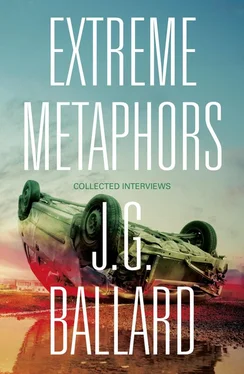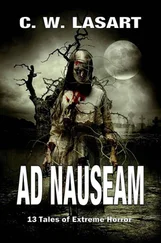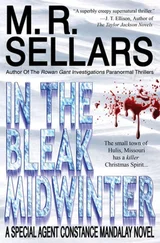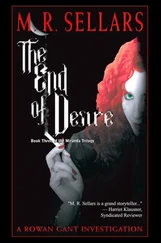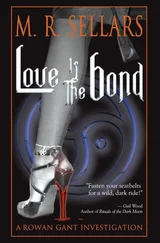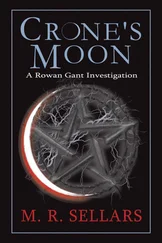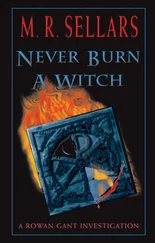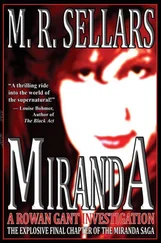BARBER:What about Barnard?
BALLARD:I think he became show business afterwards. That was where science created its first superstar, the moment Washkansky had his new heart, the first one, that was something unique. I’m sure that most scientific developments in the future are going to be made in the Barnard way. There’ll be no more of the absent-minded professor in his laboratory stumbling on penicillin and taking five years to develop it. No, he’ll be a pushy, ambitious, publicity-oriented scientist who will launch himself not just into the new discovery, but into show business at the same time.
BARBER:Do you also dismiss the sort of science journalism that deals with serious extrapolations of the future, the population explosion, pollution, demographic factors?
BALLARD:This is the Herman Kahn school of distant extrapolation, which I find absolutely meaningless. They say something about the present and they say something about the mind of Herman Kahn, but they don’t say anything about the world fifty years from now, because one simply can’t anticipate. The world rate [sic] changes so fast you don’t need to be much of a mathematician to work out that things will be so different even in ten years’ time that one won’t be able to say anything about them now. It’s like women’s fashion – one can’t even guess what it’ll be like this time next year.
BARBER:Most of your novels and stories seem to be set in the future, and give the impression of a future after the holocaust, after some terrible catastrophe has changed the world.
BALLARD:Well, the facts of time and space are a tremendous catastrophe, aren’t they? Each day millions of cells die in our bodies, others are born. Every time we open a door, every time we look out across a landscape – I’m deliberately trying to exaggerate this – millions of minute displacements of time and space are occurring. One’s living in a continuous cataclysm anyway – our whole existence takes place in the eye of a hurricane.
BARBER:But those changes aren’t a sudden worldwide disaster which would change the character of life on this planet.
BALLARD:Well, look at the events of the last thirty years, the slaughter of human life alone, anything from thirty to fifty million people dead in World War II. World War III, still a possibility, would multiply that figure by ten presumably. That’s one cataclysm that’s already occurred and another that’s possible, of the order of anything invented by science fiction.
BARBER:Are you a pessimist?
BALLARD:I don’t know. Perhaps I’m just being honest. What I’m trying to do is to look at the present and to get away from the notion of yesterday, today, tomorrow.
BARBER:Your latest book, The Atrocity Exhibition , seems to use more personal or autobiographical material than before.
BALLARD:A little more, yes. I mean when I say I want to write fiction for the present, I’m clearly not trying to pretend that I’m not influenced by the past, because we all are to a tremendous degree. Besides, enough time has now elapsed for me to be able to look back. In fact, the setting of The Drowned World , the apartment blocks rising out of the swamp, is like the landscape of immediate post-war China where I was brought up. I was interned during the war in a camp a few miles from Shanghai and I used to look out through the barbed wire across these deserted paddy fields where one saw big abandoned apartment houses of the French Concession surrounded by unbroken areas of water in the sun, especially in the flooding periods. There was a big Japanese airfield adjacent to the camp and it was under attack by the Americans throughout the last year of the war. I’m sure now that was the landscape I used in The Drowned World , though I thought I’d invented it when I was writing the book.
BARBER:As doctors and hospitals figure prominently in your recent stories, perhaps this is a reflection of your early medical training?
BALLARD:Maybe it is. Doing anatomy was an eye-opener: one had built one’s whole life on an illusion about the integrity of one’s body, this ‘solid flesh’. One mythologises one’s own familiar bits of flesh and tendon. Then to see a cadaver on a dissecting table and begin to dissect it myself and to find at the end of term that there was nothing left except a sort of heap of gristle and a clutch of bones with a label bearing some dead doctor’s name – that was a tremendous experience of the lack of integrity of the flesh, and of the integrity of this dead doctor’s spirit. Most cadavers, you know, are donated by doctors; and the doctors can visualise what’s going to happen to their bodies after death, because they’ve done dissection themselves.
BARBER:What happened to your medical training – did you complete it?
BALLARD:No, I didn’t. I guess I learnt enough medicine to cure myself of wanting to be a doctor. That sounds pat but I wanted to be a doctor for neurotic reasons and once I’d got over the neurosis, solved whatever problems I’d had, I found that medicine was a sort of fiction – all that anatomy and physiology. Gray’s Anatomy is the greatest novel of the twentieth century. By comparison with our ordinary experience of our bodies, to read Gray’s Anatomy is to be presented with what appears to be a fantastic fiction, an epic vastly beyond War and Peace and about as difficult to read. This is serious.
BARBER:Does early science training help in writing sci-fi, and must a sci-fi writer get the ‘sci’ part right?
BALLARD:No, one’s not dealing with facts like the boiling point of lead or the density of neon or the precise formula of DDT. The science one’s writing about is the science that comes out of one’s TV tube, the mass magazines, the labels on oral contraceptive wallets, whatever. Just as the novelist, when he’s writing about other people’s emotions, doesn’t have to know the blood pressure of the young woman who’s getting excited by her lover.
BARBER:Actually, you tend to put that sort of fact into your stories.
BALLARD:Because I’m interested in that sort of thing. What I’m talking about, though, is the kind of scientific information that one is accurate about. It’s the technology of everyday life, if you like, and how you use particular kinds of soup mix, what proof a certain brand of whisky is, how much you dilute your car antifreeze.
BARBER:Rather like Len Deighton?
BALLARD:Exactly. I think Deighton is marvellous. His narration is absolutely packed with fact material, and it’s the right fact material. His eye is looking at the right things. I think Fleming did the same before he lapsed into fantasy. He knew exactly what make of camera a Japanese secret agent would carry in Europe, and this is important, because when you go on holiday in Venice or somewhere and you see Japanese wandering round they’re always carrying a particular brand of camera. People’s behaviour all over the world, whatever they’re doing, reflects this kind of technology of everyday life. Mass magazines are based on this kind of expertise – from clothes to furnishings to food to sex to holidays. That’s why the old-fashioned kind of novel is so boring, because it doesn’t relate to all this.
BARBER:Haven’t you said somewhere that the writer is obsolete?
BALLARD:Yes, obsolete in the traditional sense of storyteller. I think most of the people who move across the media landscape – presidents and presidents’ widows, great surgeons, film stars, whatever you like to name – are generating fictions far beyond anything the writer can produce, and they’re more interesting and real because they’re earned out of actual experience.
Читать дальше
